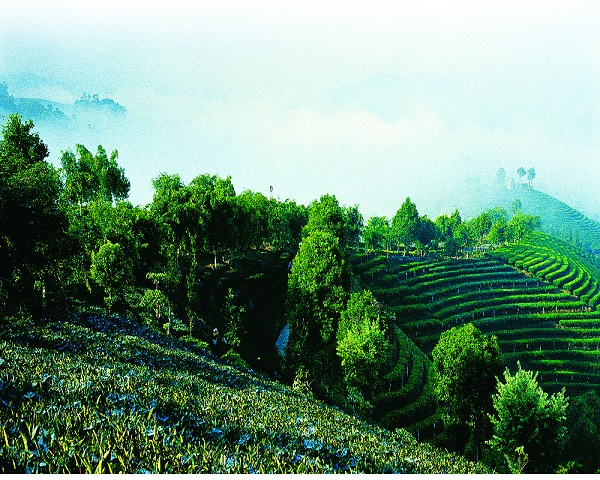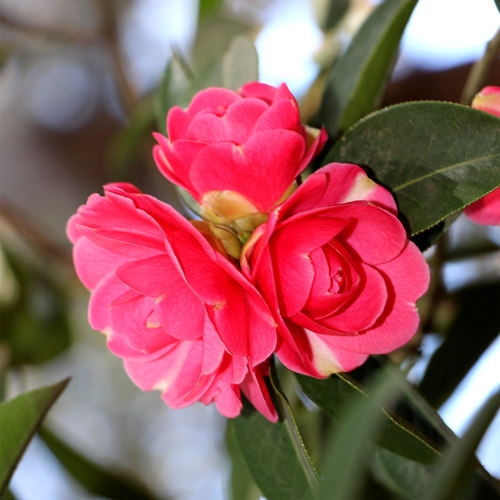
Wild Mushrooms in Yunnan
Yunnan Province in China is renowned for its rich biodiversity, and its wild mushrooms are a significant part of its natural treasures. Here's an introduction to the wild mushrooms found in Yunnan:
Diversity: Yunnan is home to a wide variety of wild mushrooms, with over 800 species identified so far. These mushrooms come in various shapes, sizes, colors, and flavors, making them a fascinating subject for both culinary and scientific exploration.
Edibility: While many wild mushrooms in Yunnan are edible and enjoyed in local cuisine, there are also species that are poisonous. Therefore, it's crucial to have expert knowledge or guidance when foraging for wild mushrooms in the region.
Culinary Uses: Edible wild mushrooms from Yunnan are often used in traditional dishes, adding unique flavors and textures to soups, stir-fries, and hot pots. Some popular wild mushrooms include matsutake mushrooms, morels, and various species of boletes and chanterelles.
Cultural Significance: Wild mushrooms have cultural significance in Yunnan's ethnic communities. For example, the Yi people have a tradition of using certain mushrooms in their ceremonies and rituals, considering them sacred or symbolizing prosperity and good fortune.
Medicinal Value: Besides their culinary uses, some wild mushrooms in Yunnan are also valued for their medicinal properties. Traditional Chinese medicine often incorporates certain mushroom species for their immune-boosting, anti-inflammatory, and antioxidant effects.
Conservation: Due to the growing interest in wild mushrooms for culinary and medicinal purposes, conservation efforts are essential to ensure sustainable harvesting practices. Organizations and researchers in Yunnan work on studying and preserving the diverse mushroom species and their habitats.
Economic Impact: The wild mushroom industry has economic significance in Yunnan, providing livelihoods for local communities through foraging, cultivation, and sale of mushrooms both domestically and internationally.
Exploring the world of wild mushrooms in Yunnan is not just about food; it's a journey into biodiversity, culture, and sustainable practices.



